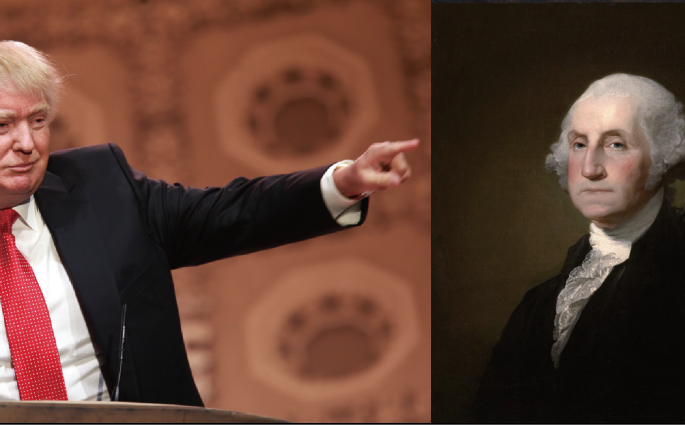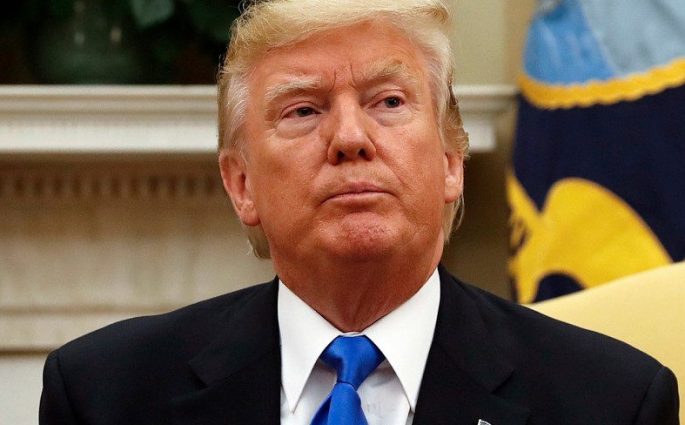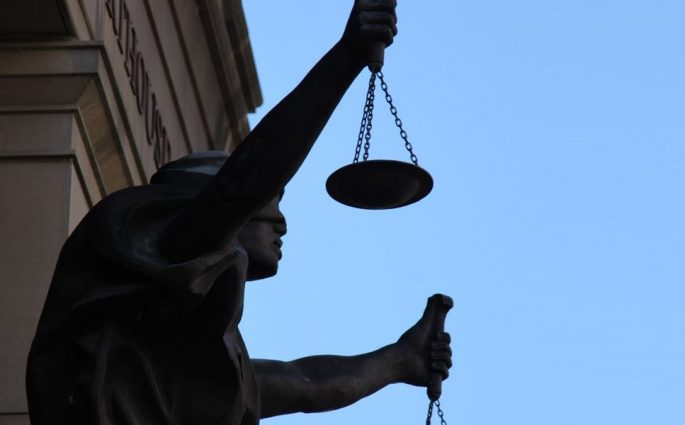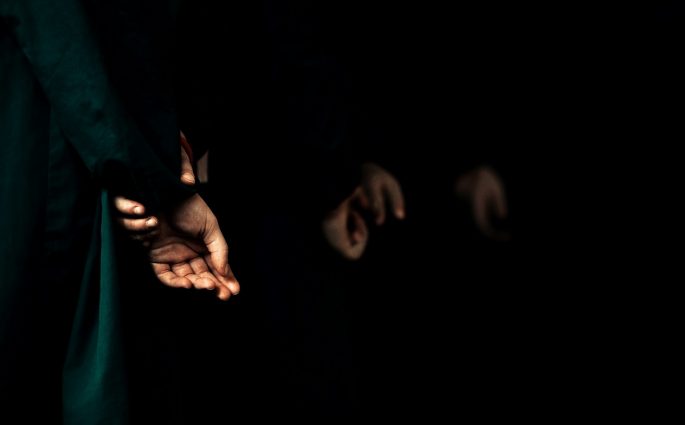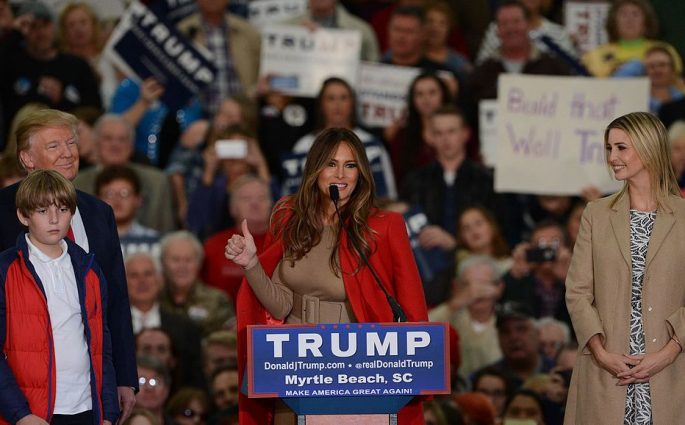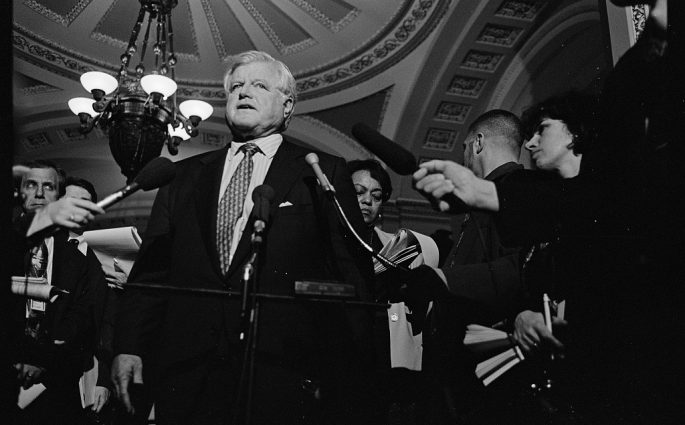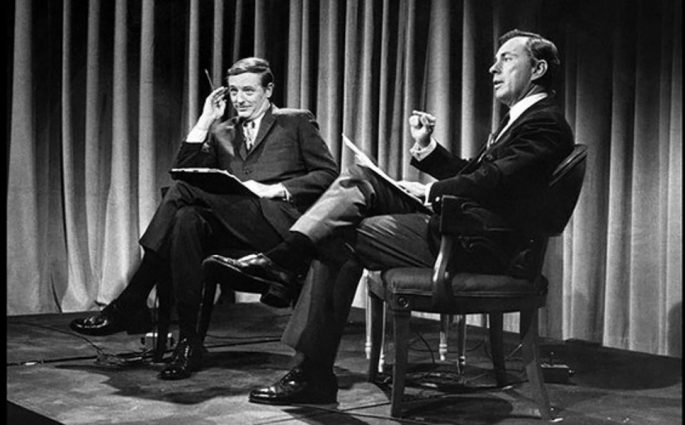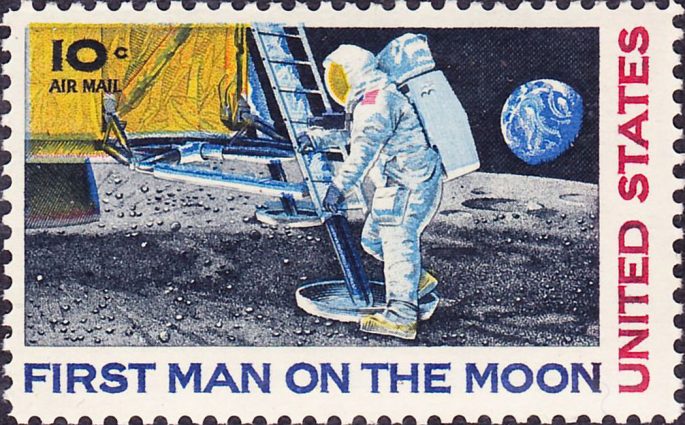Memories of the 1938 Hurricane
Stephen Long— Memory is a capacity both individual and cultural. Think back to when the recent economic downturn began in 2007 and how frequently it was compared to the Great Depression. Some called it the “great recession” to reinforce the comparison. Because so many individuals could tell firsthand tales about


